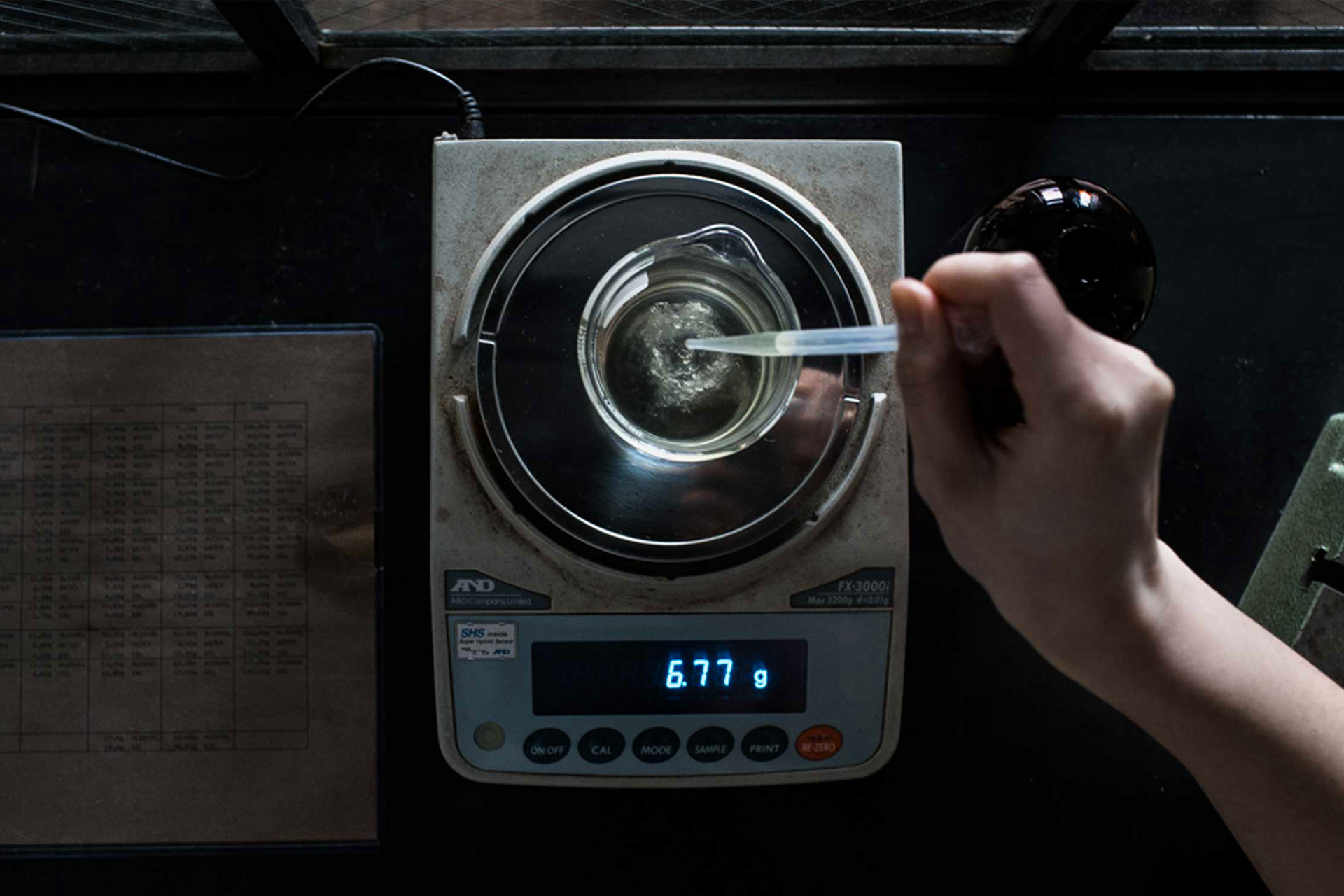You find something you like, so you screenshot it. Then you forget it, find it amongst your Amazonian screenshot library, so you screenshot the screenshot again to send it back to the top; admit it we’ve all done it. Screenshots have become the modern version of a scrapbook as we try to make sense to the plethora of information disseminated to us. Media platforms have coalesced in their functionality, and their differentiations have become less clear. There is simply so much information bombarded; I forget the good stuff. Take Spotify, for example – or any other music streaming facility. I get access to all the music I want, whenever I want it. Great. I come across more new music than I ever have in my life. Also great. But this “greatness” does come at some cost; I hear so much great music that keeping track is nigh on impossible. I have playlist after playlist, album after album, so I inevitably lose track. So then I resort to the fail-safe, I’ll screenshot the albums I like – and you already know how that plays out (pun intended).

Ever thought that maybe our brains are trying to tell us something? That perhaps there is simply too much information being fed to us, or at least certainly more than we were meant to consume at this given rate?
Perhaps the answer lies in the regulation of our information consumption, rather than the management of the information consumed.
Picture a bucket of water with a small hole in the bottom. The level will go down over time due to natural pressure, as the water trickles out the hole in the bottom. This means that from time to time, you will need to refill the bucket. The bucket in the example is representative of our minds, and the water, knowledge. The hole in the bottom reflects the natural dispersion of memory over time as our brain chooses to retain the more relevant, applicable and currently effective knowledge, whilst harboring the emotive and sentimental.

But what would happen if you were to continually fill that bucket with excessive amounts of water…? The hole in the bottom will continue to function as per, and all that would happen is that you would displace the water near the top, and the “good stuff” would get pushed out. This is effectively what we’re doing to our minds; we’re forgetting things we’ve only just learned. The answer? Well the technophiles will tell you more “productivity apps” etc, and needless to say there will be theorem passed from pillar to post (and very soon productivity apps to manage the productivity apps). They will even provide you with apps that remind you to switch off – kind of contradictory don’t you think…?

But I for one will listen to the one validated expert that truly knows what my body needs – my inner self. I intend to pay closer attention to it, and if I start to forget “what’s good”, then I’ll regulate my information consumption accordingly. I’m well aware that we all have different thresholds and some quite simply won’t care, but at least I have done myself the justice of clarity. Oh, and with my analogy earlier with the brain and the bucket of water – excuse my physics; it might not be technically accurate. I’m sure I did know one time, but needless to say, I must have forgotten.
Thoughts from Eli Ankutse, Editor in Chief JOSHUA’s Magazine & SAMSON. To find out more about Eli’s insights visit rosethornrose.com.
MORE FROM THINKPIECE










